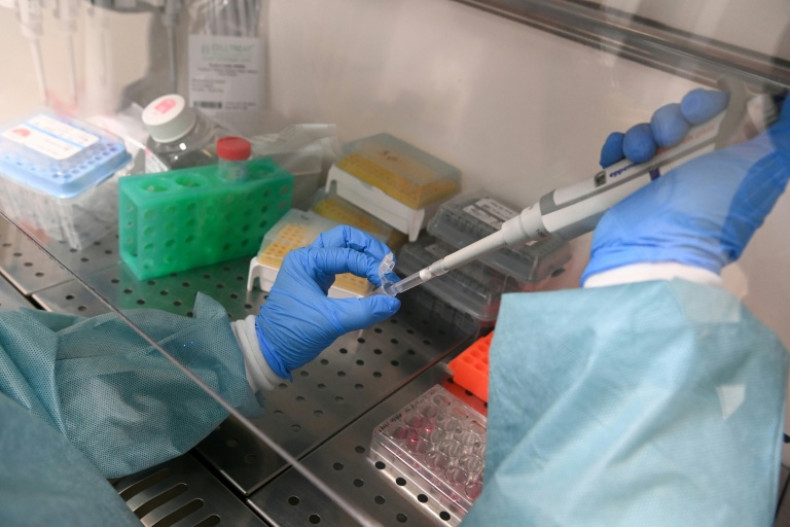Showing 1 - 10 of 10,000
‘Possessed’ shooter causes stir at Asavahame family home
Online Reporters, Published on 11/02/2026
» A man who broke into the residence of the most prominent political family in Samut Prakan and fired four shots into the air claimed he was possessed by a deity, police said on Wednesday.
9 killed in Canada mass shooting that targeted school, residence: police
AFP, Published on 11/02/2026
» TORONTO (CANADA) - A mass shooting in a remote part of western Canada killed nine people on Tuesday, including seven who were shot at a secondary school, before the suspect took their own life.
Moderna says US refusing to review mRNA-based flu shot
AFP, Published on 11/02/2026
» NEW YORK - Vaccine manufacturer Moderna said on Tuesday the US Food and Drug Administration (FDA) was refusing to review an application for its first mRNA-based flu shot.
AIS rolls out country's first artificial intelligence hub
Business, Komsan Tortermvasana, Published on 11/02/2026
» Advanced Info Service (AIS) has launched AISpace, the country's first artificial intelligence hub that integrates its network with global AI partners to strengthen national digital capabilities.
Bangladesh PM candidate warns of ‘huge’ challenges
AFP, Published on 10/02/2026
» DHAKA - Bangladesh’s leading prime ministerial candidate Tarique Rahman says he faces “huge” challenges if he wins elections this week, vowing to repair a country he said was looted under the previous ousted government.
Oil leak from sunken cargo ship not seen as serious
Published on 10/02/2026
» Refined petroleum leaking from a cargo ship that sank in the Andaman Sea off Phuket on Saturday is not expected to affect nearby islands, according to the Pollution Control Department.
Streaming local
Guru, Nianne-Lynn Hendricks, Published on 10/02/2026
» The Netflix 2026 line-up reflects the evolution of local viewing habits and the maturing of Thailand’s creative ecosystem.
Contractor blames whirlwind for dome's collapse
Online Reporters, Published on 10/02/2026
» Sino-Thai Engineering and Construction Plc, the contractor for the collapsed dome building in Samut Prakan, has blamed unusually strong and gusty wind for the incident, which injured four workers on Monday.
Warming climate threatens Greenland's ancestral way of life
AFP, Published on 10/02/2026
» SISIMIUT (DENMARK) - Standing in his boat with binoculars in hand, hunter Malik Kleist scans the horizon for seals. But this February, the sea ice in southwestern Greenland has yet to freeze, threatening traditional livelihoods like his.
What the election results reveal
Post Reporters, Published on 10/02/2026
» The 2026 election has redrawn Thailand's political landscape, as Bhumjaithai secured a commanding 194 seats, up 123 from 2023. Results across several major parties confounded opinion polls, reflecting a range of party-specific dynamics.













